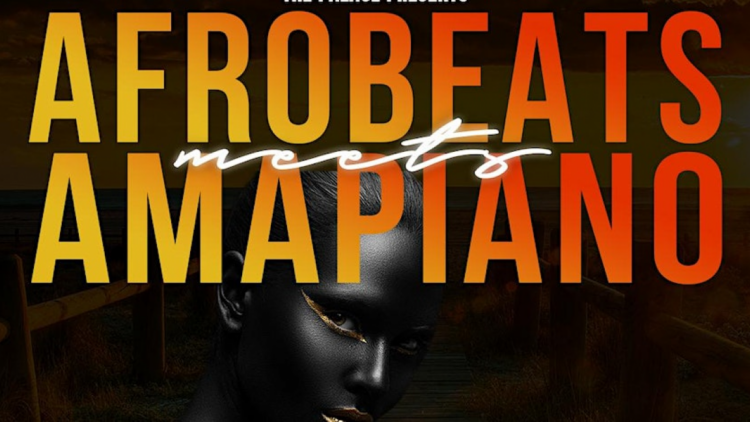Afrobeats has become one of Africa’s biggest cultural exports, captivating audiences worldwide with its infectious rhythms and unique sound. But with global success comes scrutiny, and recent debates have centered on whether the genre is losing its identity. The 2024 Billboard Music Awards reignited this discussion by nominating songs and artists that some fans argue stray from the essence of Afrobeats.
One of the most contentious points is the inclusion of South African artist Tyla in the Best Afrobeats Song and Top Afrobeats Artist categories. Her hit singles Water, Truth or Dare, and Jump earned her these nods, but critics question their classification as Afrobeats. Tyla has previously aligned herself with Amapiano, a distinct South African genre, further muddying the waters.
While heavyweights like Rema, Burna Boy, Tems, and Asake also received nominations, tracks like Move by German DJ Adam Port and U.S.-based producer Stryv featuring Malachiii have drawn even sharper criticism. Despite being listed in an Afrobeats category, the song leans more toward Amapiano and House, with little to no connection to Nigeria, the birthplace of Afrobeats.
The Gentrification Fear
The inclusion of such tracks has amplified concerns about Afrobeats losing its cultural roots. Many fans point to parallels with reggae and dancehall, genres that underwent significant cultural shifts as global audiences embraced them. The Grammy wins of non-Caribbean artists in these categories serve as cautionary tales for what could happen to Afrobeats.
For Tyla, her meteoric rise as Africa’s most prominent artist in the U.S. in 2024 is a testament to her talent. However, her public distancing from Afrobeats at the VMAs earlier this year, despite later acknowledging the genre at the EMAs, has left many questioning the integrity of these nominations. Critics argue that recognizing artists who don’t fully represent the genre’s roots dilutes its cultural significance.
Afrobeats vs. Amapiano: A Battle for Identity?
The blurred lines between Afrobeats and Amapiano have also fueled the controversy. Both genres are African exports, but their styles and cultural origins are distinct. Afrobeats originated in Nigeria, heavily influenced by highlife and Afrobeat, while Amapiano is rooted in South Africa’s house music scene. The global music industry’s tendency to lump them together under a vague “Afrobeats” umbrella undermines the uniqueness of both genres.
Joey Akan’s call for gatekeeping
Renowned music journalist Joey Akan has been vocal about the need to protect Afrobeats from external influences. He cites the nomination of Sensational by Chris Brown, featuring Davido and Lojay, at the Grammys for Best African Song Performance as a sign of how the genre’s narrative is being shaped by outsiders. Akan warns that without deliberate gatekeeping, Afrobeats risks being repackaged and losing its identity—much like other genres before it.
Balancing global success and cultural preservation
Afrobeats’ global appeal is undeniably a milestone for African music, but it comes with challenges. The genre’s incorporation into mainstream pop, often without significant input from Nigerian or African artists, raises questions about ownership and authenticity. The fear is that Afrobeats could follow the path of cultural assimilation, where its original essence is overshadowed by commercialized versions tailored for global audiences.
To prevent this, advocates stress the importance of maintaining the genre’s Nigerian and African roots. This involves not only recognizing authentic works but also challenging decisions that undermine its identity. Fans, creators, and industry stakeholders all have a role to play in ensuring Afrobeats remains true to its origins.
Conclusion
The controversy surrounding Tyla’s nominations and tracks like Move highlights the delicate balance between inclusivity and preservation. While it’s essential for Afrobeats to evolve and reach new audiences, this growth shouldn’t come at the expense of its cultural essence.
By supporting artists and songs that reflect the true spirit of Afrobeats, fans can help protect the genre’s identity. At the same time, industry gatekeepers must prioritize authenticity in award categories and promotional efforts. Afrobeats doesn’t have to lose its roots to thrive globally—it just needs intentional actions to safeguard its culture.
The journey ahead is complex, but by celebrating its roots and holding firm on its authenticity, Afrobeats can continue to shine on the global stage without losing what makes it uniquely African.






































Discussion about this post